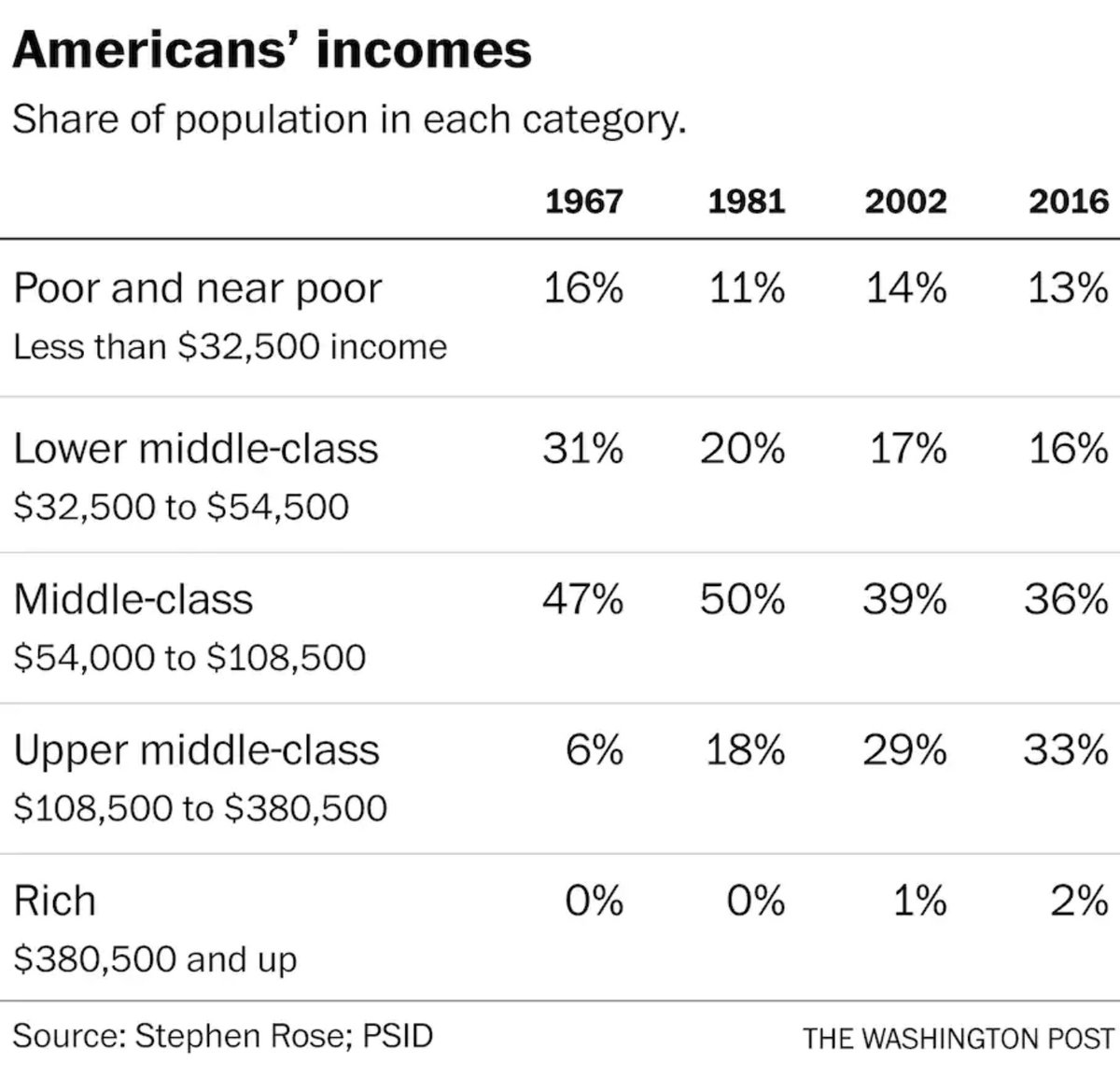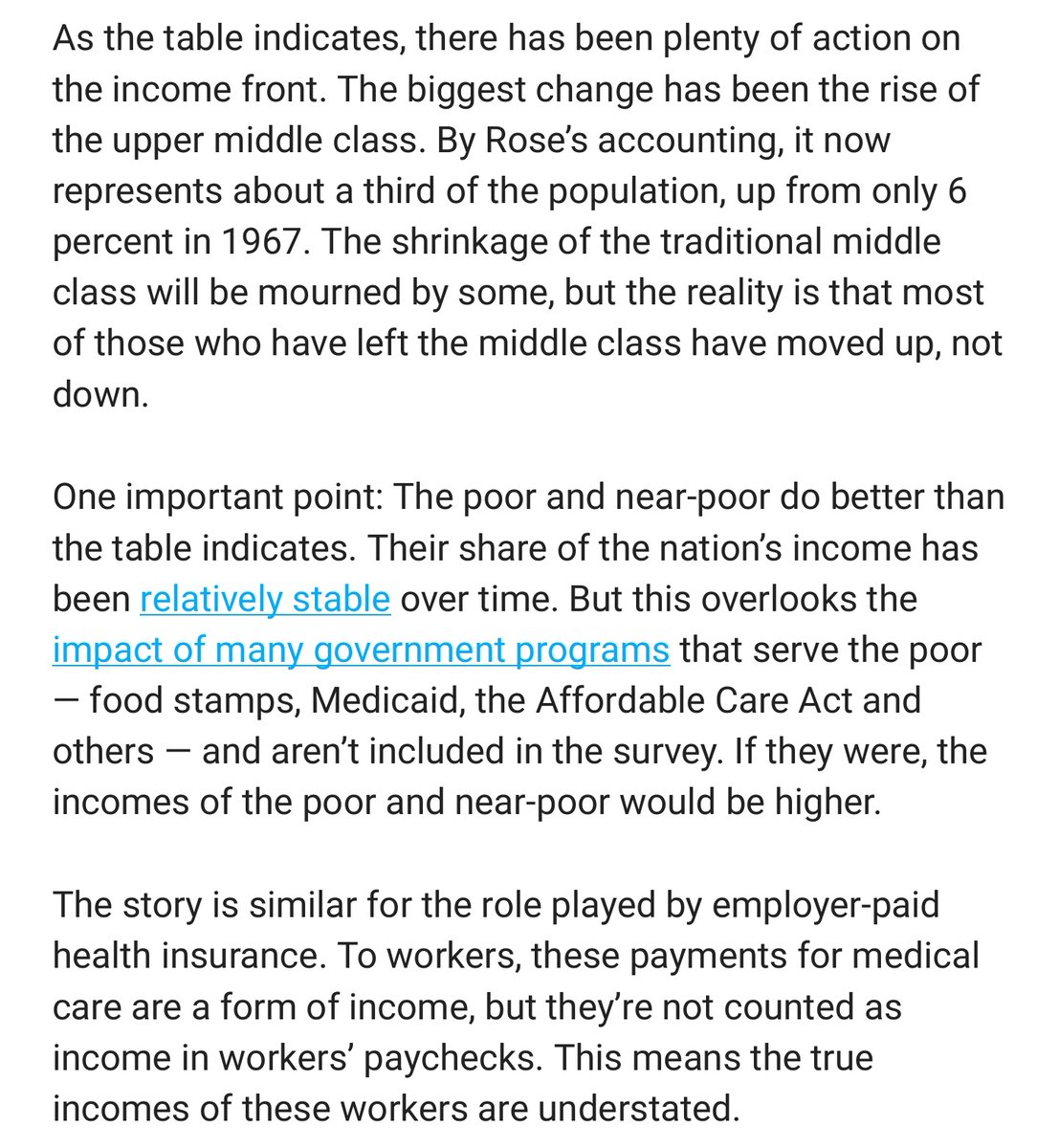
Quick thread on this: unless you're notorious car-guy @ModeledBehavior, you maybe didn't notice that COVID-19 has increased US demand for, but crippled N. American production of, pickup trucks. Now, even as US truckmakers are going full-tilt, supply is short & prices are HIGH /1
https://twitter.com/scottlincicome/status/1318918130559819776
(Demand for sedans/SUVs has also surged, but the shortages/prices don't appear to be as bad.)
So why, you might ask, are Americans only buying trucks made in MX/CAN/USA, when there are all sorts of cool options made elsewhere (see, eg, these bad boys hotcars.com/20-foreign-pic…)? /2
So why, you might ask, are Americans only buying trucks made in MX/CAN/USA, when there are all sorts of cool options made elsewhere (see, eg, these bad boys hotcars.com/20-foreign-pic…)? /2
Well, there are 25% tariffs on those trucks, which effectively block imports from non-NAFTA countries.
By contrast, tariffs on cars/SUVs/vans are 2.5% (or duty-free for FTAs), & we have many more options.
This difference has had predictable results during the pandemic. /3

By contrast, tariffs on cars/SUVs/vans are 2.5% (or duty-free for FTAs), & we have many more options.
This difference has had predictable results during the pandemic. /3


So far this year (data thru Aug), imports of all passenger vehicles are down significantly. BUT big declines in NAFTA non-truck imports have been offset - a little - by increases (or, at least, smaller declines) from non-NAFTA countries. /4 



So, the low/zero tariffs (and resulting supply diversity) have improved Americans' access to non-truck vehicles (and tempered prices) during the pandemic.
No such luck for trucks, where NAFTA imports & total imports are basically the same thing (w matching declines). /5
No such luck for trucks, where NAFTA imports & total imports are basically the same thing (w matching declines). /5
Back-of-the-napkin: if tariffs were high and we thus had the same 32% decline in total non-truck imports that we had for NAFTA non-truck imports this yr, we might have abt 300k fewer cars/SUVs/vans in the US mkt right now bc we'd lack other options.
So what's the lesson? /6
So what's the lesson? /6
Tariffs haven't improved US "resiliency" (as some pols/pundits now assert); they've probably made things worse.
And "this real‐world example... shows the folly of kneejerk plans to improve Americans’ access to essential goods by restricting the international supply thereof." /x
And "this real‐world example... shows the folly of kneejerk plans to improve Americans’ access to essential goods by restricting the international supply thereof." /x
• • •
Missing some Tweet in this thread? You can try to
force a refresh










